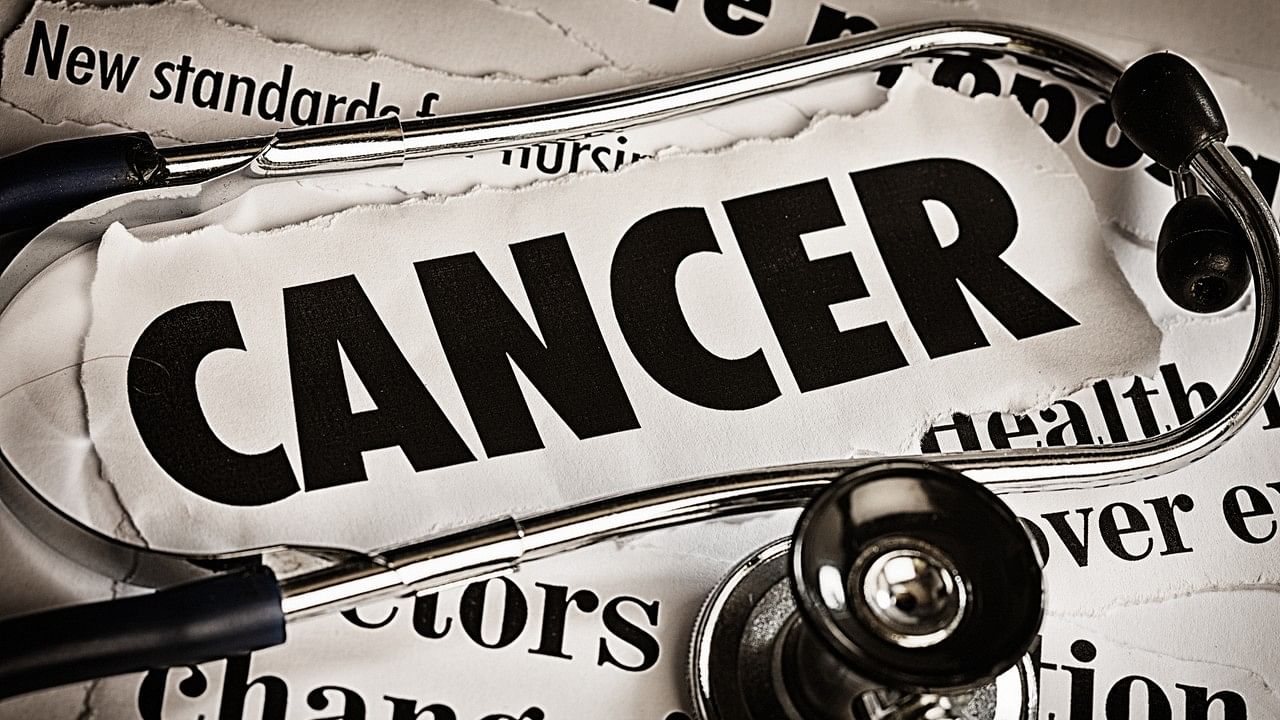
The India Cancer Genome Atlas Foundation launched a portal with a data set from 50 breast cancer patients with plans to expand it further to 500 such patients. In future data on other types of cancers will also be pooled and shared.
Credit: iStock Photo
New Delhi: A consortium of top hospitals and research institutes on Saturday released a set of India-specific cancer genomics data for the benefit of researchers worldwide, hoping that such data will help tailor cancer medicines for the benefits of patients in the sub-continent.
The India Cancer Genome Atlas Foundation launched a portal with a data set from 50 breast cancer patients with plans to expand it further to 500 such patients. In future data on other types of cancers will also be pooled and shared.
“Nearly 20% of the world population comes from India. But just 0.2% of Indian data is used in cancer research worldwide. Many drugs don’t work well on Indian patients as cancers can differ significantly at the molecular level,” Suveera Dhup, Chief Operating Officer of the ICGA foundation told DH.
The India-specific datasets, the foundation hopes, may even help researchers and clinicians develop personalised treatment protocols, moving away from the traditional routes that rely heavily on western data.
Some of the members of the consortium are Tata Memorial Hospital, Mumbai; Adyar Cancer Institute, Chennai; AIIMS Nagpur; Sri Shankara Cancer Hospital and Research Centre, Bengaluru; National Centre for Biological Sciences, Bengaluru, IIT Mumbai; IIT Hyderabad, IISER Pune and Ashoka University, Sonipat. Many others are in the process of coming on-board.
“Cancer is a complex disease that occurs due to genetic abnormalities. But the nature of such abnormalities differ among various population groups. We need to understand what mutations are causing cancer in the Indian population,” said Shekhar Mande, former director general of the Council of Scientific and Industrial Research.
The ICGA scientists take cancer cells from Indian patients, carry out the genetic analysis and make the data available through the portal. It includes DNA, RNA and protein profiles of breast cancer patients, integrated with clinical outcomes.
“We aim to make the data available in the portal within three weeks of collecting the sample in a hospital. The data will help understand the molecular signature of cancer in the Indian population better,” Dhup said.
Once the 500 breast cancer data set is complete, the ICGA may look at collecting lung cancer data.
Precautions have been taken to ensure that the data is not misused. The samples are collected with patient consent and approval from the institute’s ethics board. The data will be shared only after the approval by a scientific panel.
The initiative is in the line of the US National Institutes of Health’s The Cancer Genome Atlas programme that began 15 years ago. The data collected and shared under the TCGA scheme helped global cancer research tremendously.
"Understanding the genome of cancer patients will improve the treatment of Indians not only in India but also worldwide. We encourage others with similar data to actively contribute to ICGA, so this initiative can grow even faster and drive greater breakthroughs," JC Zenklusen, TCGA director at the National Cancer Institute, NIH and Sunil Badve, Vice Chair, Pathology Cancer Programs, Emory University School of Medicine, Atlanta said in a joint statement.
